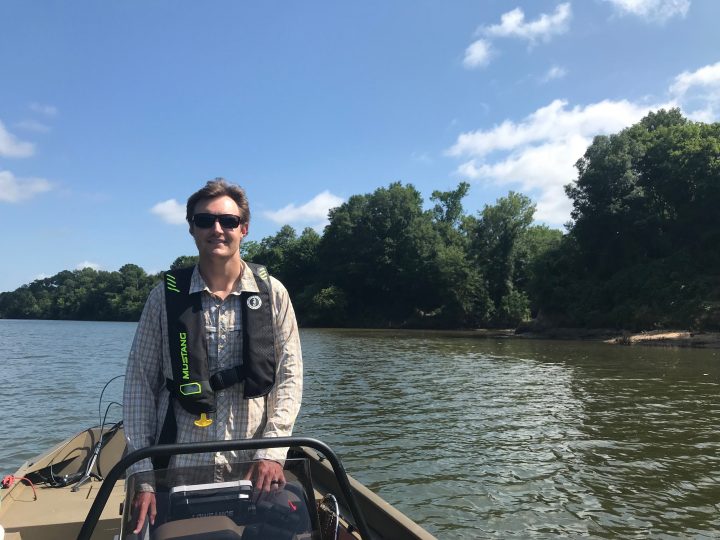
Supreme Court decision “a step in the right direction” for Columbus and the Chattahoochee River
By Frank Etheridge | Photo of henry jackson
Asked for response to the U.S. Supreme Court ruling last week in the decades-long “water wars” between Georgia and Florida, Henry Jackson tried to keep it short.
However, the Chattahoochee River Conservancy Executive Director writes in an email, “It’s difficult to sum up 30 years of fighting and lawsuits.”
In short, the high court’s 5-4 decision found that Florida’s argument that the state had been harmed by water consumption upstream had merit and appointed a special master to examine evidence for that claim that Sunshine State would benefit from water-consumption caps placed on Georgia. (Note: Alabama withdrew from this litigation years ago.)
The disputed water rights are for usage from the Apalachicola, Chattahoochee and Flint rivers, collectively the ACF Basin, which provide vital water sources for urban development, agriculture and the health of the Apalachicola Bay, once home to 90 percent of Florida’s shellfish industry.
“The recent decision failed to bring the closure many were seeking but instead only prolonged the painfully expensive legal battle,” Jackson states. “The Chattahoochee and Flint Rivers begin in Georgia and flow south until meeting at Lake Seminole at the Georgia/Florida state line. The Apalachicola River flows from the lake and cuts through Florida to Apalachicola Bay. Historically, the waters of the ACF contributed to a thriving shellfish industry in Apalachicola Bay. The unique mixture of fresh and saltwater at the mouth of the river created conditions in which oysters thrived but increased use of water from the Flint and Chattahoochee Rivers in the 80s lessened flows reaching Florida and the oyster industry suffered. Today the industry is all but ruined and oysters have mostly disappeared from the Bay.”
Jackson points to Atlanta and farmers in southwest Georgia as the largest water users in the ACF Basin. He says that the court decision, in regards to Columbus and surrounding communities, “is a step in the right direction.”
“Being downstream of a rapidly growing Atlanta, Columbus and other communities who rely on the Chattahoochee River for water should be concerned about what is happening upstream,” he writes. “Water is a finite resource and at some point, Atlanta will have to further address their excessive use. It is best they do it now, while we have enough water, rather than waiting until we all enter into a Cape Town or Los Angeles situation- where the countdown to Day Zero of water is looming.”
Columbus does bear some responsibility in helping resolve this pressing issue.
“Columbus and the other communities of the Middle Chattahoochee Region must also do their part to conserve water and reduce our needs from the river,” Jackson advises. “Rain barrels for watering lawns, fixing leaks, installing reduced flow toilets and shower heads, and other creative measures will increase conservation make it possible for the Corps to release more water into the Apalachicola River in the future.”
With deep knowledge of the court proceedings and the water flows controlled by the U.S. Army Corps of Engineers, Jackson awaits the next recommendation of court-appointed Special Master Ralph Lancaster before shaping future action by his non-profit organization, with its mission to “use science, education and advocacy to protect the Chattahoochee.”
For now, though, he offers the simple solution of sharing: “Keep in mind we’re all upstream from someone.”
The Chattahoochee River Conservancy will host a river clean-up at 8 a.m. Saturday, July 21. To volunteer, visit the CRC’s Facebook page.
